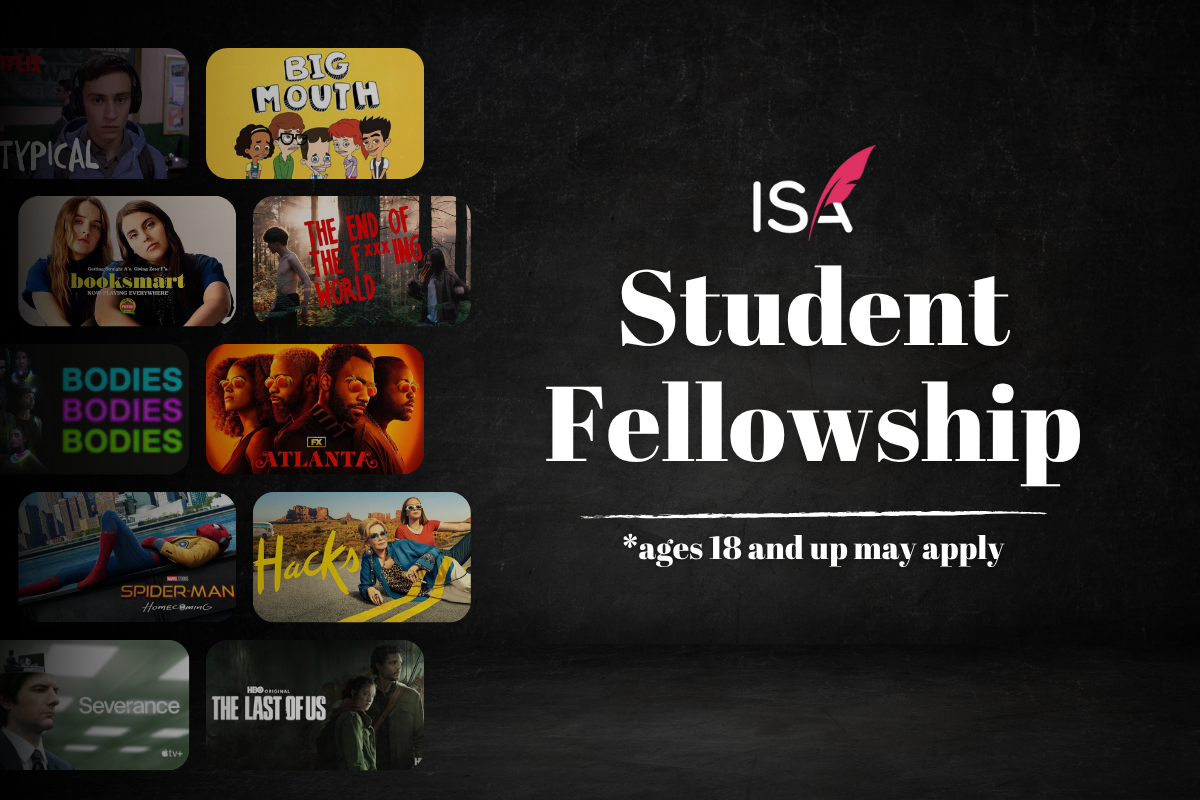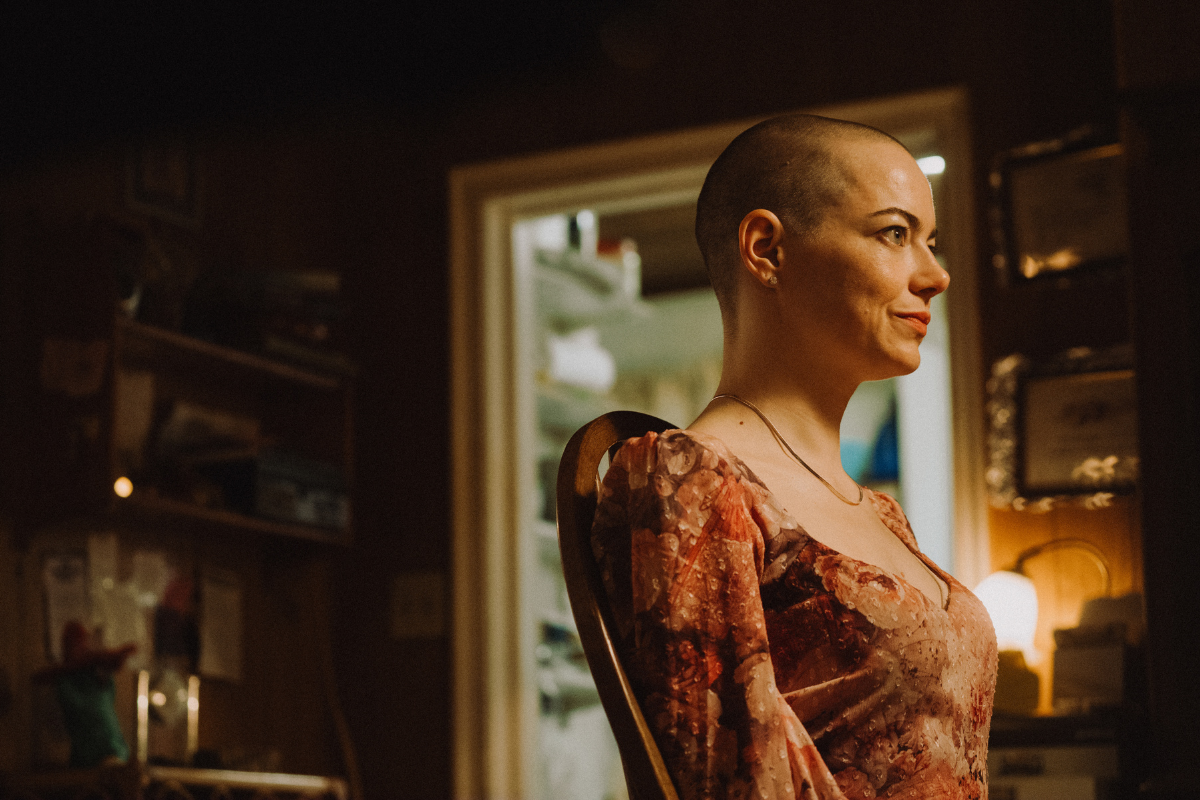How a Screenwriting Contest Can Change Your Writing Career… Even Years Later
Even years after a contest success, a writer can still get noticed. Joshua Corin shares his journey from screenwriting contest winner to published writer.
Even years after a contest success, a writer can still get noticed. Joshua Corin shares his journey from screenwriting contest winner to published writer.
I blame the ramen noodles.
Because the stereotype is dead accurate: when you’re poor and you don’t know how to cook, you eat a lot of ramen noodles. And hot dogs. And microwavable chicken pot pies loaded with so much sodium that my kidneys were becoming pickled. I was making $18,000/year living in a Brooklyn apartment that flooded every now and then with sewage, and I needed help.
So, I did what I always did. I wrote my way out.
It was what I’d done in second grade. Embarrassment over my minor physical disability had rendered me so shy that I could barely function in school. As such, the principal doubted my intellectual abilities and, despite my father’s daily phone calls, considered transferring me into special education. But then I wrote a short story. It was about a vampire with a loose tooth. I wrote it for a Halloween assignment, and its creativity was apparently enough to convince the principal to relent.
It was what I’d done in sixth grade. As much as I excelled in school, now that I had been given the chance, my teachers were not recommending that I join the honors program next year. They believed my disability would be too much of an impairment—again, despite another series of daily phone calls from my father. But then I entered the state’s Young Authors contest, and I not only beat out all the students who were recommended for the honors program—I won the whole thing. The next year, I was in the honors program.
It was what I’d done in college. I had fallen in love with theatre and wanted to participate in some way, any way, but I quickly learned that acting was not for me, especially when I found myself onstage with friends who were truly talented. So, I began to write plays. Dozens of plays. And people I didn’t even know were auditioning for them. And people I had never even met were attending them.
This is how I ended up in Brooklyn making $18,000/year and wincing every time the sewers clogged with rain...but I was working on Broadway. I was an associate at a theatrical management company. My particular responsibilities were assisting in the day-to-day operations of The Rocky Horror Show, which was enjoying a mildly successful run at Circle-in-the-Square. I loved that show, and I loved that job, and I even managed to mount a few small productions of my own in the city...but one can only subsist for so long on ramen noodles and hot dogs and sodium pot pies.
At age 26, I set about writing my first screenplay. My motives weren’t entirely mercenary. I had been a film geek even longer than I had been a theatre geek. I was the kid in high school who read Leonard Maltin’s film guides cover to cover. I was the kid in high school who borrowed the car so he could drive to the indie video store and rent A Woman Under the Influence or Suspiria. Why hadn’t attempted a screenplay before I’d reached my mid-twenties? Well, sometimes a fool simply needs to be kicked.
For this first screenplay, I wrote a little thriller about a young couple who are tempted by the promise of wealth into committing murder. The screenplay was called Windfall, and I relied on various sources, including Script magazine, to help me with its structure and formatting. In perusing Script one day, I noticed the magazine was co-sponsoring something called the Open Door Contest that year with Dimension Films.
Dimension Films!
Like most writers, what I lacked in common sense, I more than made up for in blind ambition, so I entered Windfall into the contest.
By the time I heard back, I had left my job on Broadway. I was now an English instructor at a yeshiva for wayward Jews. They paid me enough that I could afford chicken pot pies fortified this time with real chicken. I returned home one day from the yeshiva, checked my mailbox, and there was a letter from Script magazine.
I had won first place in the Open Door Contest.
The prize was $3,000, which was roughly 3000x the size of my bank balance. Additionally, announcement of my win, along with the screenplay’s logline, made the rounds on various websites frequented by Hollywood insiders. This was the “open door” part—and it worked. I began receiving requests from actual directors and producers who were interested in reading Windfall. One of these directors even optioned it, and paid to bring me up to his home in Woodstock, New York, to work on a rewrite.
I was so excited. So excited and so naive.
Because five years passed and nothing happened. No, that’s not true. In those five years, my financial situation had declined even further, and I had moved to Atlanta, Georgia, to be with the rest of my immediate family. I learned to love fried pickles. I taught at the local community college. I shifted back to writing plays. I turned 31. I even wrote a novel.
The day I finished the first draft of that novel, I received an email. A producer had read about Windfall and wanted to take a look at the whole screenplay. I was surprised. The considerable momentum and cache that the contest had given the script was long since spent. But I thanked her for her interest, and I sent off the script. Curious, I did some due diligence and was impressed by what I learned about her. As such, I was sure I’d never hear from her again.
Yet the following day, she replied. She had loved the script. She wanted to option it. She asked me what else I had written.
Baffled by this turn of good luck, and desperate not to waste it, I described all of my completed plays and screenplays and even added, almost as an aside, some description of my recently finished novel, which I was tentatively calling Nuclear Winter Wonderland.
She asked to read Nuclear Winter Wonderland.
I reminded her that I had just finished writing the first draft, but she was insistent, and so I shared with her the first three chapters. We exchanged phone numbers.
She called me less than twenty-four hours later and begged to read the rest of the novel. Twenty-four hours after that, she told me she wanted to option the novel as well and asked who my publisher was. I again reminded her that I had just finished the first draft. She replied that she would hook me up with an agent who would help me find a publisher.
Two days after that, I was being offered representation by an agent at ICM.
Nuclear Winter Wonderland was published shortly after my 33rd birthday. Booklist later named it one of the top debut crime novels of the year.
In the ten years since, I have published five more novels, two of which were optioned by 20th Century Fox TV. I have been given the opportunity to write for Marvel Comics. I have spoken at some of the nation’s most esteemed conferences. For many years, I was the Awards Chair for the International Thriller Writers. And absolutely none of this would have been possible without a Hollywood producer one day reading the logline for my screenplay Windfall, and that would never have happened had I not won first place in the Open Door Contest. I am forever indebted to Script magazine for giving writers like me, whose reach has always extended far beyond our grasp, a helping hand.







